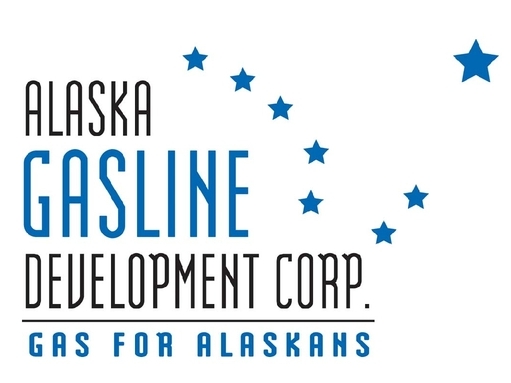Federal regulators plan speedier review of Alaska gas project
A federal fast-tracking of all existing LNG export plan reviews means Alaska's Arctic project will see a decision slightly sooner.

Environmental studies of plans for a natural gas pipeline running south from Alaska’s Arctic, a project that has been proposed for decades, will require a little less time than earlier estimated, federal officials said on Thursday.
The Federal Energy Regulatory Commission, in Federal Register notice to be published Friday, said it has revised its schedule for completion of an environmental impact statement for the gas project. The final EIS is expected to be completed by Nov. 8, 2019, a bit earlier than the Dec. 1, 2019 date in FERC’s previous schedule, the notice says.
On Aug. 31, FERC and a sister agency, the Department of Transportation’s Pipeline and Hazardous Materials Safety Administration announced a memorandum of understanding pledging to coordinate reviews of LNG projects nationwide. That agreement is part of a FERC program to expedite reviews of all 12 pending LNG export applications, including the Alaska project.
Alaskans have been seeking to send the vast reserves of North Slope natural gas to market since even before the region began producing crude oil in 1977. There have been several plans over the years to commercialize the natural gas that lies in the same fields that are producing oil. The current version of the plan envisions a pipeline of about 800 miles from Prudhoe Bay to a liquefaction plant at tidewater on the Kenai Peninsula south of Anchorage.
That project, which would sell most of the LNG to markets in China, is being sponsored by a state agency, the Alaska Gasline Development Corp. Officials there said FERC’s actions, even though they advance the EIS schedule only slightly, are significant boosts to the project.
“FERC’s accelerated schedule is a strong signal to potential customers and investors that Alaska LNG is steadily advancing through the regulatory process,” AGDC President Keith Meyer said in a statement. “I am also proud of the technical team at AGDC, which has worked tirelessly to provide responses to nearly 1,500 FERC data requests and agency comments as the Commission continues to write the draft EIS.”
But the accelerated EIS schedule drew criticism from environmentalists.
“It’s incredibly reckless for Trump to try to fast-track the biggest natural gas project in U.S. history,” Kristen Monsell, senior attorney with the Center for Biological Diversity, said in a statement. “A proper review would show this risky venture endangers Alaska’s wildlife and deepens our dependence on dirty fossil fuels. Rather than spending billions of dollars to export LNG to Asia, we should be investing in a clean energy future. Polar bears, our climate and many Alaskans would end up paying a terrible price for rushing through this short-sighted project.”